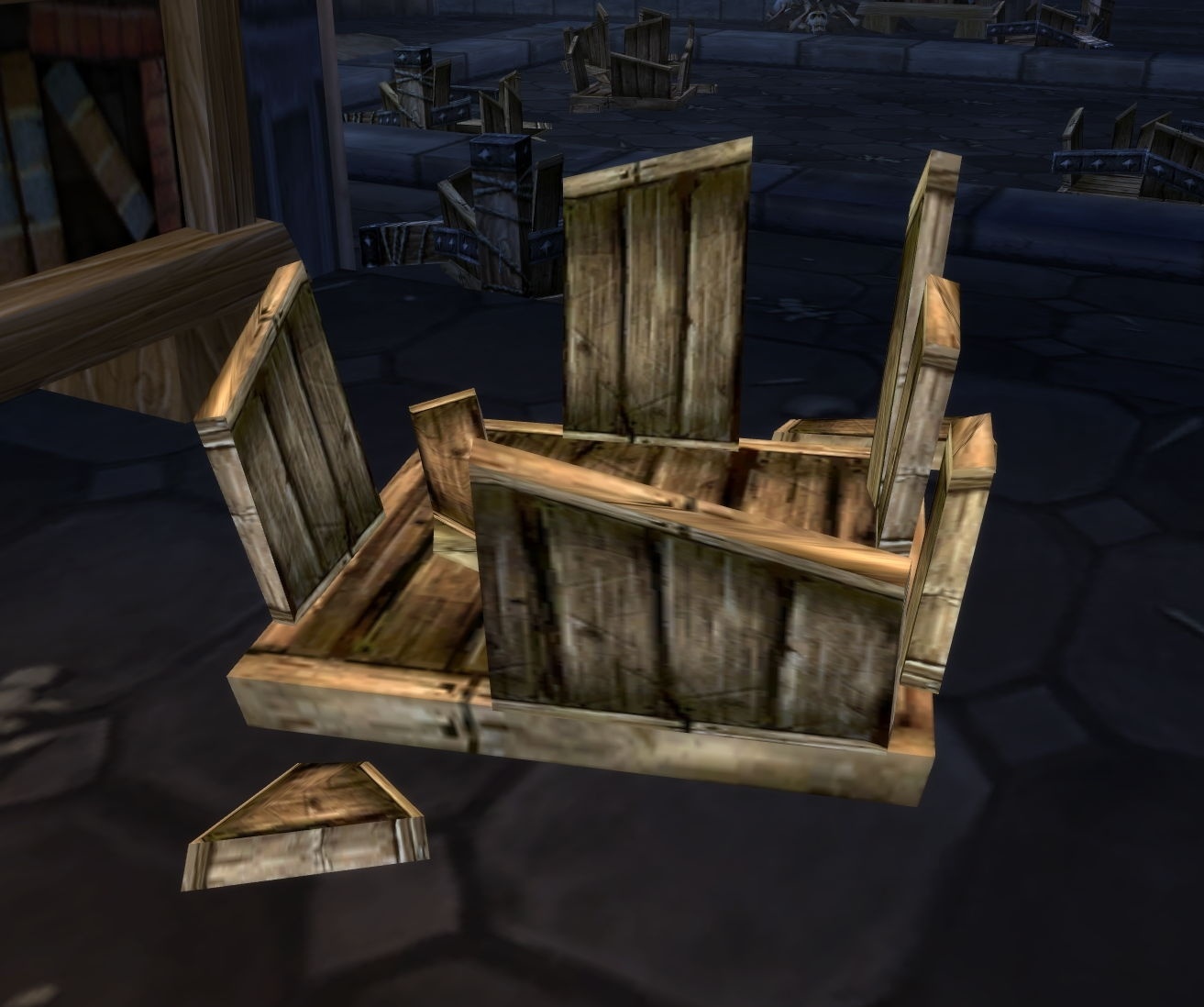

Jesus is with you to take your hand and walk with you into that dark, barren, foreboding land. And when we have Jesus in our lives, we do not need to run away from the pain of our wilderness places because Jesus went before us to these places. Jesus does not want us to avoid the hard places in our lives. Jesus came to live life as fully God and fully human and all the goodness and suffering that comes with life. Jesus came to experience the temptation for power and control when he was at his weakest.

Jesus came to experience physical pain, to experience the pain of abandonment, anger, and despair, to experience the need for sleep, to experience hunger, interpersonal conflict, loneliness, and being misunderstood. Jesus also came to experience the wilderness places of life… the suffering in life. He came to experience the breathtaking joy of a mother and father at our birth, the resilience and courage of a parents’ love, the expectation that comes with growing up, the love and fellowship of dear friends, the purpose and meaning of living out our call. Jesus came down to experience all that comes with life. Jesus came down from heaven to experience life as fully God and fully human. Jesus came into the bright shiny baptismal places in our lives, but he also came into the dark foreboding lenten places in our lives. But here’s the thing… Jesus does not want us to avoid the darkness in our lives. I know this is something we want to avoid. And I know this might seem depressing or scary. Lent asks that we sit in the dark places of our lives and take a long hard look. Lent asks us to lean into the wilderness. Lent asks us not to avoid or ignore the wilderness. And emerge from this pandemic exactly as we were before it ever arrived.īut Lent asks something different of us. We can scroll, drink, eat, or rush our way over the wilderness places in our lives. It is true that quarantine has been a wilderness place for all of us in different ways and we certainly want to emerge from it, but the question today is how do we want to emerge? Because let’s face it, even in quarantine we can find ways to escape the wilderness places in our lives. So as the vaccines come out and covid rates decrease, are we really sure we want “get back to that normal”? Is that the normal we want to “get back to”?Īnd whether it was a fast paced, packed life or unhealthy behaviors you hid from the world or broken relationships you wanted to repair… Many of us had wilderness places in our lives before covid kicked us into quarantine. There was an incredible documentary made before covid hit that epitomizes our kids’ culture called “race to nowhere.” It was about how kids were constantly engaged in activities before and after school, expectations and pressure to perform was increasing so rapidly that kids were experiencing higher and higher rates of depression and anxiety. And many of us are talking now about “getting back to normal,” getting back to the “before times.” But… I wonder do we really want to just “get back to normal”? Was there wilderness in your life before covid hit that you might actually not want to “get back to?” We know that no matter how much we try to deny, avoid or erase it, suffering is still a part of life. It is a season in our church calendar when we allow ourselves to gaze at and walk through and spend time sitting in the wilderness… which is especially important in our era and culture that actively tries to avoid, erase, ignore, and deny suffering. Lent is a season when we get to dig into these wilderness places. Reading Mark’s account, I get this baptismal image of a river, green grass along the banks, light flooding the scene, little chickadees chirping, butterflies passing by, a peaceful, uplifting moment then all of the sudden, we are kicked into this dark, lenten foreboding barren land with a dark red sky and black crows cawing overhead.Īnd as insane as it sounds being in this dark, barren, wilderness place is what is so important, so sacred, so life changing about Lent. We are the beloved one moment and the next moment we are thrust into the wilderness place. Wilderness places tend to come out of the blue. We don’t get a calendar alert a month in advance: “season of wilderness” March 15, 2020. He gets right to it without taking a breath and in many ways this is how wilderness places come about. The other Gospel accounts of Jesus in the wilderness have much more detail and description. Mark tells us this morning of the heavens being torn apart at Jesus’ baptism “and a voice came from heaven, “You are my Son, the Beloved with you I am well pleased.” Next sentence… “And the Spirit immediately drove him out into the wilderness.” “And the Spirit immediately drove him out into the wilderness.”


 0 kommentar(er)
0 kommentar(er)
